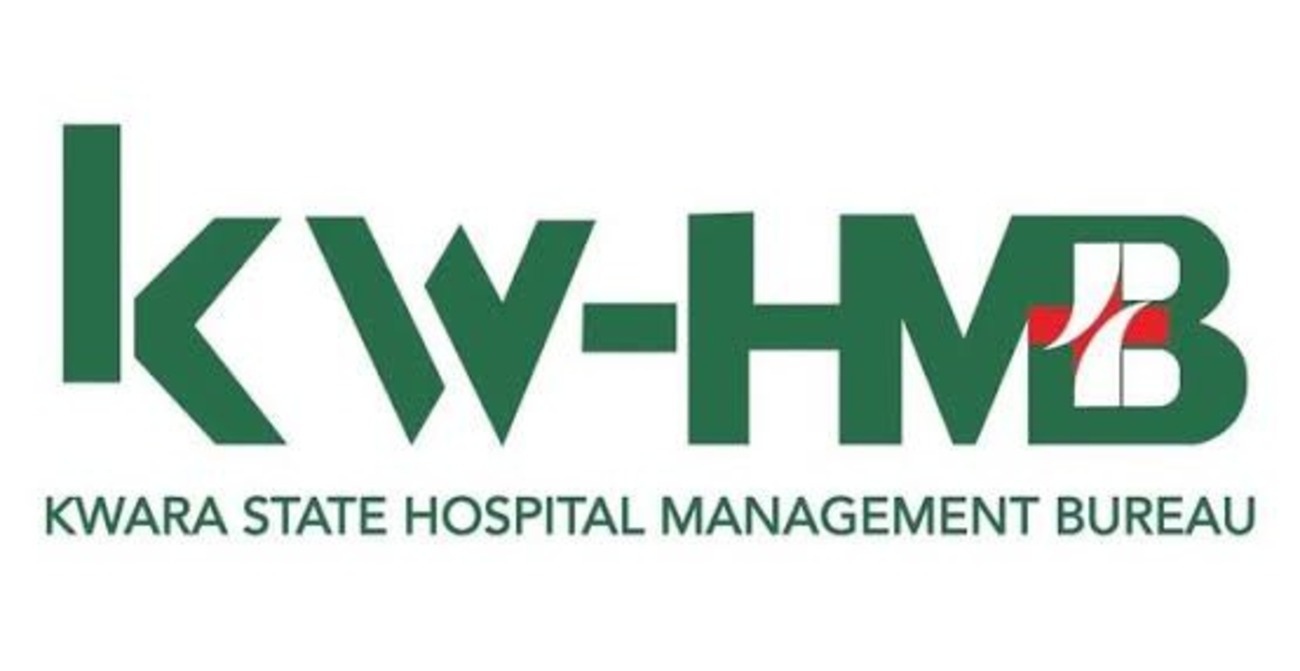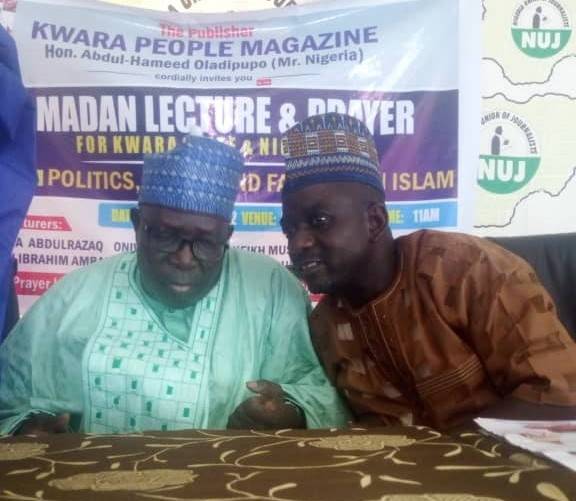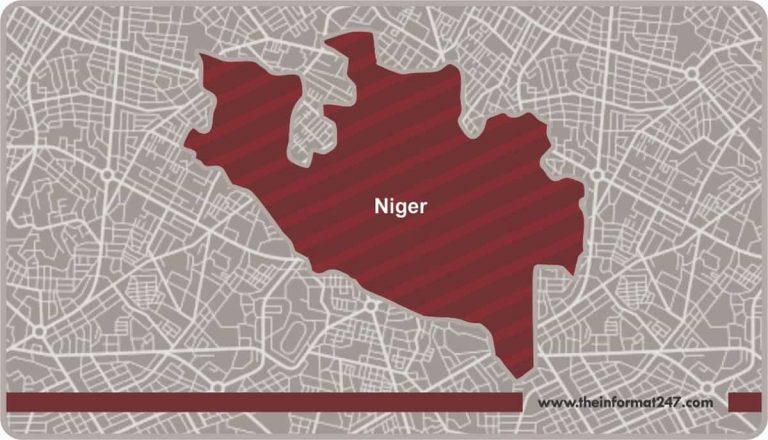Inter-ministerial briefing: Additional doctors employed to address Japa syndrome – KW-HMB
The Kwara state government has announced that it has successfully employed additional medical practitioners in the third quarter of 2025, while also secured an accreditation for six pharmacy departments in Kwara State hospitals, after an approval from the Pharmacists Council of Nigeria (PCN).
This was made known by the Kwara State Hospitals Management Board (KW-HMB) on Tuesday, during a journalists briefing on the success of the ministry in the last three months.
The Executive Secretary of the Hospitals Management Board, Dr Abdulraheem Malik, while highlighting ministry’s success in the third quarter of 2025, said the agency is committed to its vision of becoming a leading provider of high-quality, equitable, and climate-smart secondary healthcare services throughout Kwara State.
Dr Malik also disclosed that the Board’s primary objectives are to enhance service delivery, promote health equity, and ensure sustainable operations through innovation and accountability.
Dr Malik, however, expressed gratitude to Governor AbdulRahman AbdulRazaq administration for his commitment to health sector, saying the ministry, for the first time in history, will be training intern nurses in five secondary health facilities across the State under the purview of the Hospitals Management Board, following a successful due diligence process similar to those undertaken in other states across the federation.
He also mentioned the expansion of the “Buy Kwara” initiative, which according to him “supports indigenous pharmaceutical companies such as Tuyil, Sam’s, HMA, and Biomedical. Now, essential items for hospitals, including bedsheets, scrubs, lab coats, and work jackets, will be sourced from the Kwara Garment Factory (KGF)”.
Speaking on the control of patients inflow, the Executive Secretary stated that the Hospitals Management Board will devise means of cutting edge technology where patients can schedule appointments before visiting government hospitals to meet with their choice doctors, this is aimed at improving health care services delivery in the State by reducing wait time for patients, standardizing doctors work load and minimizing conflicts between patients and staff.
Regarding human capital development, Dr Malik stated that no fewer than 1,320 medical students received clinical training across the Hospitals Management Board’s facilities, while medical equipment worth millions was deployed to strengthen diagnostic and treatment capacities in secondary care facilities.







